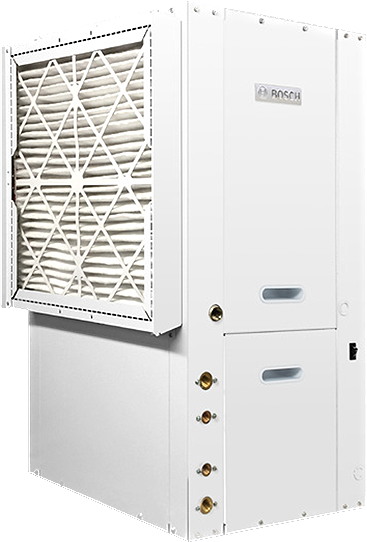Services
Botts and Tye is a company founded on the right principles, by strong-willed veterans of WWII, with the perseverance to see that their ideals were maintained throughout the years. Thomas R. Botts and Clarence E. Tye founded Botts & Tye in 1954 with the indispensable assistance of Tom’s wife, Patricia Botts. Together, these three laid the foundation for what we all, to this day, strive to uphold. Our founders understood that as with any business that intends to prosper and grow, the customer must be first. In the air conditioning business, that means service must be our highest priority.
From the beginning, 24-hour service was available. This out-front approach led to many innovative ideas being put into place to better serve customers. The first telephone recorder in town was right here, at 1021 S. Washington St. The machine would record the customer’s information regarding their particular service problem, then ring a service person at home to let them know there was a problem. The service person would drive to the office to retrieve the message and then call the customer!
Now when you call our number after hours, you will immediately be forwarded to a service person on call 24 hours a day. If you want to schedule your routine checkup, you can leave a message for dispatch; have a question about your upcoming project, you can drop a message in that box also!
We love hearing from you.
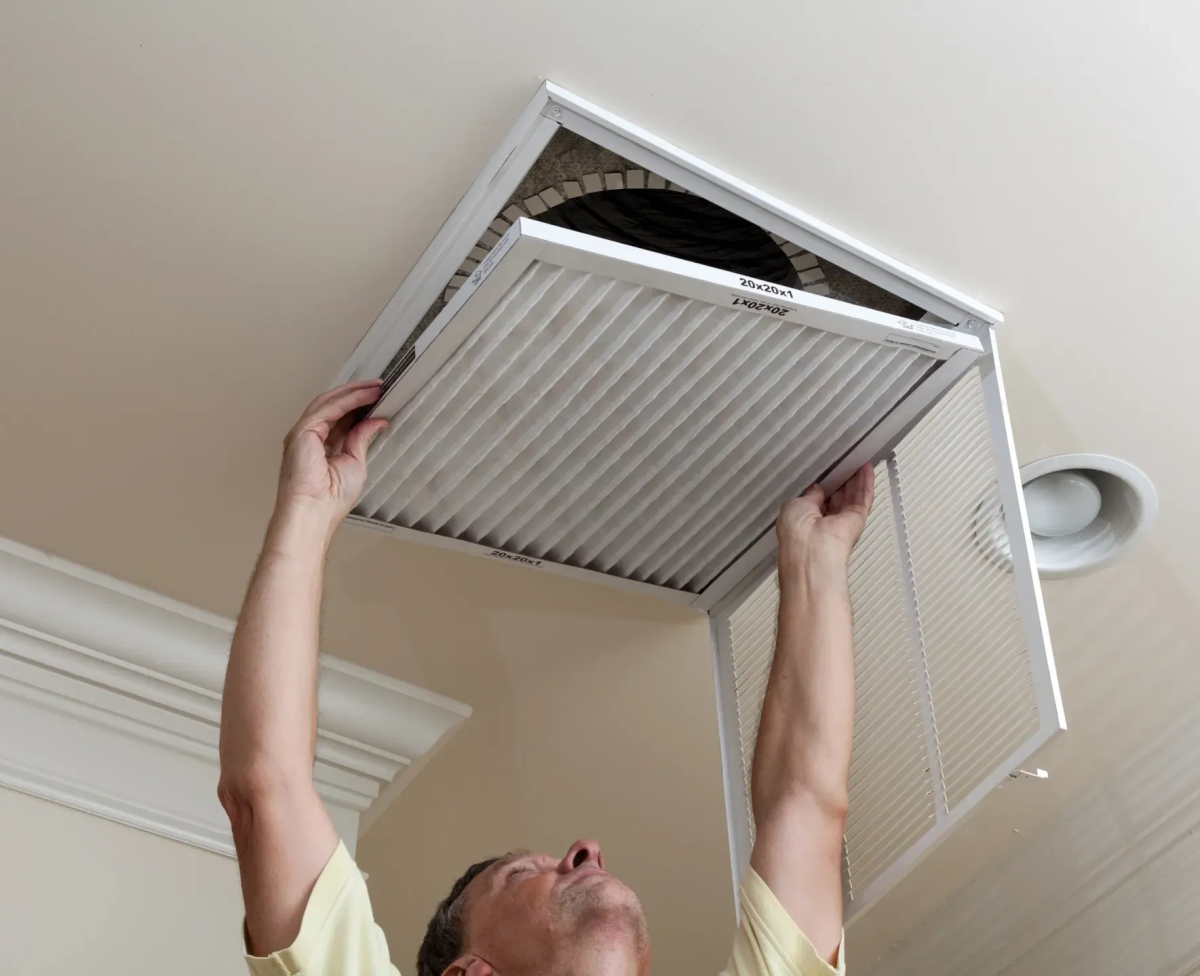
Heating & Cooling Services
Air Conditioners
Central air conditioners are more efficient than room air conditioners. In addition, they are out of the way, quiet, and convenient to operate. To save energy and money, you should try to buy an energy-efficient air conditioner and reduce your central air conditioner’s energy use. In an average size home, air conditioning consumes more than 2,000 kilowatt-hours of electricity per year. The most efficient air conditioners use 30% to 50% less energy to produce the same amount of cooling as air conditioners made in the mid-1970s. Even if your air conditioner is only 10 years old, you may save 20% to 40% of your cooling energy costs by replacing it with a newer, more efficient model.

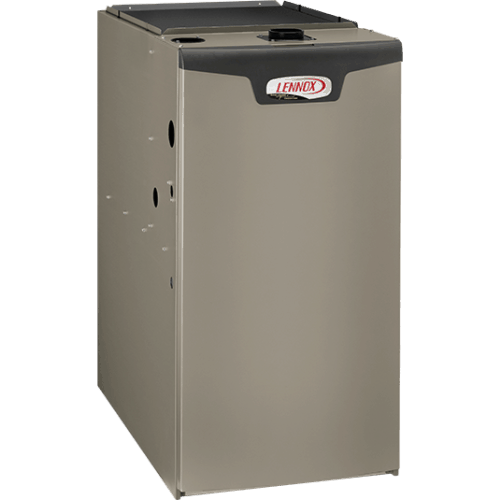
Furnaces
If your furnace or boiler is old, worn out, inefficient, or significantly oversized, the simplest solution is to replace it with a modern high-efficiency model. A gas furnace with a pilot light rather than electronic ignition is a definite candidate for replacement. Although older fossil fuel furnace and boiler systems have efficiencies in the range of 56% to 70%, modern conventional heating systems can achieve efficiencies as high as 98.5%, converting nearly all the fuel to useful heat for your home. Energy-efficiency improvements will save money on a new furnace or boiler, because you can purchase a smaller unit. A properly sized furnace or boiler will operate most efficiently, and you’ll want to choose a dependable unit and compare the warranties of each furnace or boiler you’re considering.
Smart Thermostats
Smart thermostats and other smart technologies are rapidly growing in popularity among homeowners. The ability to notify your installing dealer with an HVAC related issue saves you discomfort and will give you peace of mind.
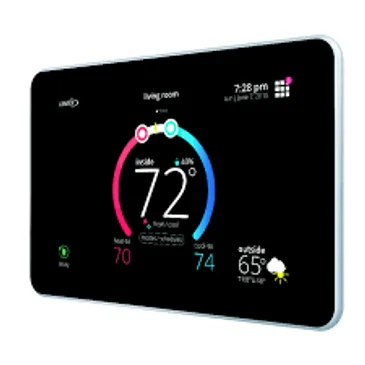
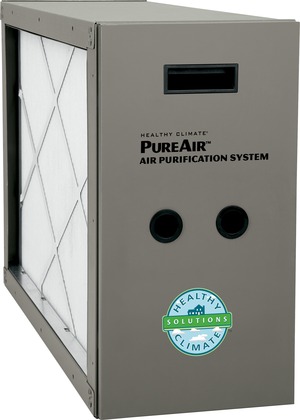
Air Purification Systems
We will offer you the latest patented technology for controlling the spread of viruses, bacteria, mold, odors, and other microbes. We have proven systems that have been tested on viruses with kill rates in the 99% range. These products can help prevent the spread of disease by producing air scrubbers that seek and destroy viruses, bacteria and other airborne and surface microbes.
Indoor air quality is a global issue. Both short- and long-term exposure to indoor air pollution can cause a range of health issues, including respiratory diseases, heart disease, cognitive deficits, and cancer. Studies suggest that indoor concentrations of air pollutants are increasing, driven by factors such as the types of chemicals in home products, inadequate ventilation, hotter temperatures, and higher humidity.
Humidifiers and Dehumidifiers
Balanced humidity levels can make your home environment healthier and more comfortable year-round. You can save energy, too.


Water Heaters
Conventional storage water heaters offer a ready reservoir (storage tank) of hot water which is adequate for everyday use. However, there are some instances, such as when more than one use for hot water is occurring or when there are guests in the home, increasing the requirements for hot water.
Tankless or demand-type water heaters heat water directly without the use of a storage tank. This type of water heater is designed to provide an adequate supply of hot water without running out when adequately sized.
Water Softeners
The use of water softeners in hard water areas and even moderately soft water areas is becoming a common occurrence. This practice has a potentially detrimental effect on the performance of the anode in the water heater which can cause a reduction in the life of the water heater.
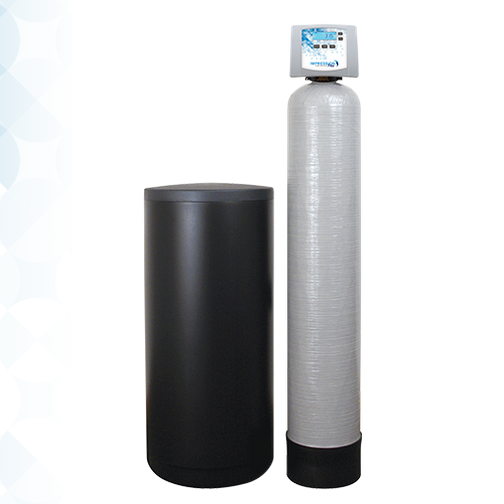
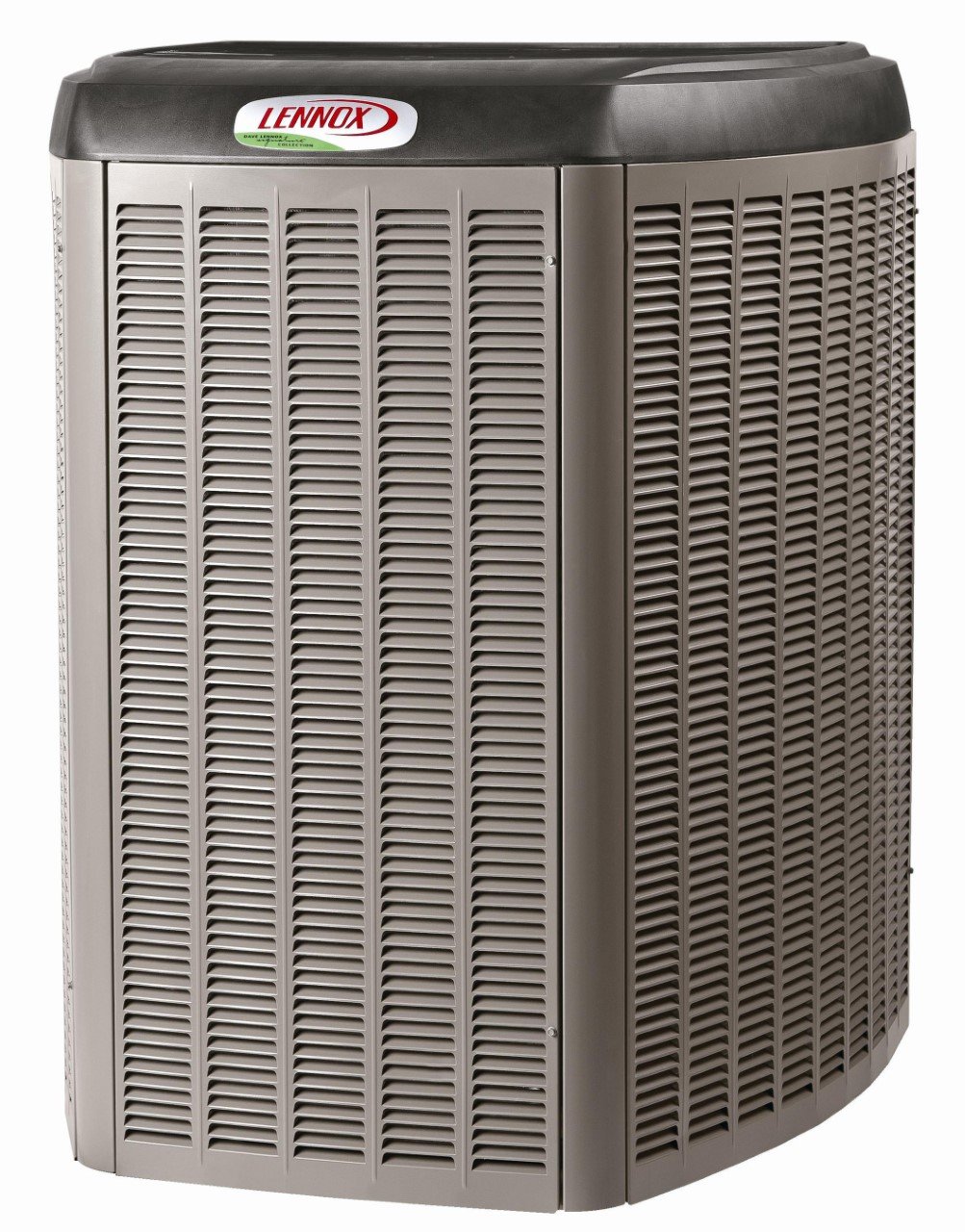
HEAT PUMPS
Ducted Air-Source Heat Pumps
There are three main types of heat pumps connected by ducts: air-to-air, water source, and geothermal. They collect heat from the air, water, or ground outside your home and concentrate it for use inside. The most common type of heat pump is the air-source heat pump, which transfers heat between your house and the outside air. Today’s heat pump can reduce your electricity use for heating by approximately 50% compared to electric resistance heating such as furnaces and baseboard heaters. High-efficiency heat pumps also dehumidify better than standard central air conditioners, resulting in less energy usage and more cooling comfort in summer months. Air-source heat pumps have been used for many years in nearly all parts of the United States, but until recently they have not been used in areas that experienced extended periods of subfreezing temperatures. However, in recent years, air-source heat pump technology has advanced so that it now offers a legitimate space heating alternative in colder regions.
HEAT PUMPS
Geothermal Heat Pumps
Geothermal (ground-source or water-source) heat pumps achieve higher efficiencies by transferring heat between your house and the ground or a nearby water source. Although they cost more to install, geothermal heat pumps have low operating costs because they take advantage of relatively constant ground or water temperatures. Geothermal (or ground source) heat pumps have some major advantages. They can reduce energy use by 30%-60%, control humidity, are sturdy and reliable, and fit in a wide variety of homes. Whether a geothermal heat pump is appropriate for you will depend on the size of your lot, the subsoil, and the landscape. Ground-source or water-source heat pumps can be used in more extreme climates than air-source heat pumps, and customer satisfaction with the systems is very high.
